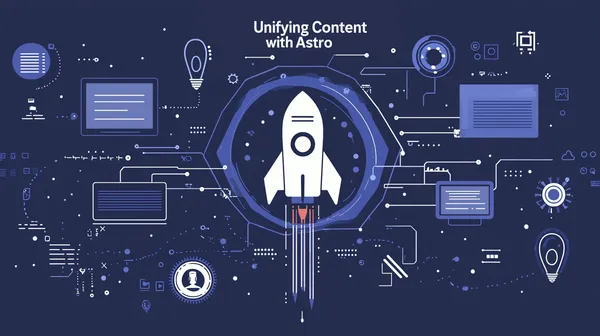 Headless WordPress Astro, Headless CMS, JavaScript, PHP, Web Development, WordPress
Headless WordPress Astro, Headless CMS, JavaScript, PHP, Web Development, WordPress Astro vs. WordPress: Rendering Patterns of the Modern Web
Those working with WordPress are familiar with its dynamic rendering process: pages are built with PHP, pulling content from the database, and serving it on-demand to users. Today, imagine a different way of building websites: one that generates all of your pages as static HTML at build time, before users request them. In this article, […]
Read More



